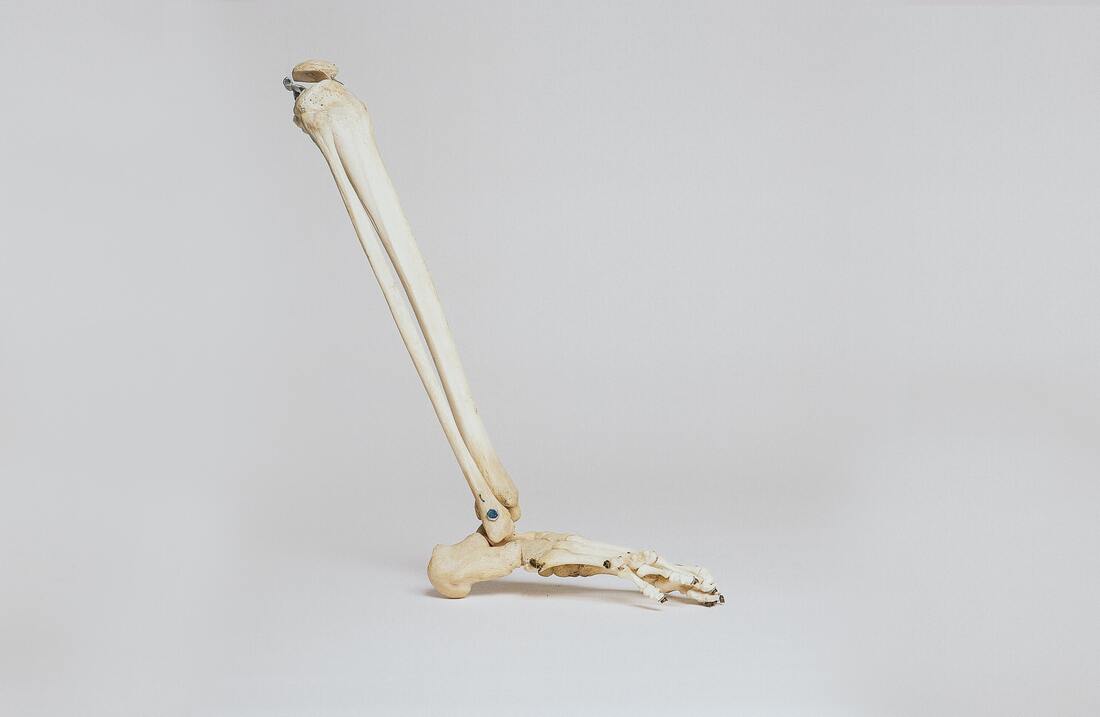The Amazing Benefits of Exercise for Bone Health: How to Keep Your Bones Strong and Healthy13/6/2022
Bone Density Exercise has been shown to increase bone density. This is especially important for older adults, who are at a higher risk for osteoporosis. Osteoporosis is a condition in which the bones become weak and fragile, and can break easily. Osteoporosis tends to impact women more than men, but exercise can help to prevent this condition in both sexes. The average age for osteoporosis diagnosis is 70 years old, but bone density starts to decrease as early as age 30. Other risk factors for osteoporosis or decreased bone density include a sedentary lifestyle, smoking, and excessive alcohol consumption. Exercise increases bone density by stimulating the production of new bone cells. This, in turn, leads to stronger bones and a reduced risk of fractures. Exercises that are particularly helpful for increasing bone density include weight-bearing and resistance exercises such as walking, running, and lifting weights. Improved Joint Health Exercise also leads to improved joint health. It helps to reduce inflammation and pain in the joints, while also increasing range of motion. Our joints are made up of cartilage, which can deteriorate with age. Exercise helps to keep cartilage healthy by increasing the production of collagen. Collagen is a protein that helps to keep cartilage strong and resilient. Exercises that are particularly helpful for improving joint health include swimming and cycling. Improved Balance and Coordination Exercise can also help improve balance and coordination. This is important because falls are a leading cause of fractures in older adults. As we age, our balance and coordination tend to decline making us more susceptible to falls. Regular exercise has been shown to help improve balance and coordination, thereby reducing the risk of falls. Exercise does this by helping to increase muscle strength, flexibility, and balance. It also works on our proprioception, which is our awareness of our body in space. Exercises that are particularly helpful for improving balance and coordination include Tai Chi, Yoga and Pilates. Muscle Strength In addition to increasing bone density, exercise also strengthens the muscles surrounding the bones. This is important because strong muscles help to support the bones and protect them from injury. Strong muscles also lead to better balance and coordination, again helping to decrease falls. Exercises where you are lifting weights or using resistance are particularly important as we age, as they help to maintain and increase muscle mass. It's never too late to get stronger! Flexibility Flexible muscles are important for protecting the joints from injury. Exercise helps to increase muscle flexibility by stretching the muscles and tendons. This helps to reduce the risk of strains and sprains. Exercises that are particularly helpful for increasing muscle flexibility include yoga and Pilates, as well as weight training. Strong muscles are more flexible muscles. Weight Control Maintaining a healthy weight is important for bone health. Being overweight or obese puts extra strain on the bones and joints, which can lead to pain and injuries. It also increases the risk of developing osteoarthritis, a condition where the cartilage in the joints breaks down. Exercise helps with weight control by burning calories and improving muscle mass which increases our metabolic rate. Reducing Pain Exercise has been shown to reduce the pain associated with arthritis. Arthritis is a common condition that causes inflammation and pain in the joints. Exercise helps to reduce arthritis pain by reducing inflammation and improving joint health. Exercise may also help by releasing endorphins - chemicals that act as natural painkillers. Exercises that are particularly helpful for reducing arthritis pain include walking, swimming, and cycling. If you're looking to start an exercise program today it's important to consult with a trusted health professional like a physiotherapist to help keep you safe. They will be able to give you specific recommendations based on your health and fitness level, and can address any injuries, aches or pains and help to modify as needed. It's important to start slow and gradually increase the intensity of your workouts - this helps to prevent injury as well as ensuring that you are sustainable in your exercise to help you keep moving for longer (and truly integrate it into your lifestyle). If you're looking for a specific exercise program to work with issues like osteoporosis, osteoarthritis or any condition impacting your bones we would love to help! Give our friendly physiotherapy clinic a call on 07 3706 3407 or email us at [email protected]. Our Brisbane Southside physios would love to work with you!
0 Comments
Leave a Reply. |

 RSS Feed
RSS Feed